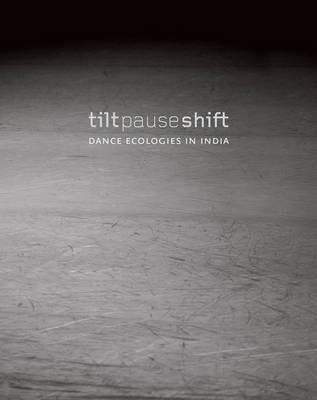Tilt Pause Shift - Dance Ecologies in India(English, Hardcover, Cherian Anita E.)
Quick Overview
Product Price Comparison
This book is an investigation of movement, and in particular of a marked subset of that: dance. In its many peregrinations it seems to ask, what kind of movement is dance? Most pointedly, it performs the question, what is dance in India? And, relatedly, what is it to dance in India? In evidence here is recognition not only of the diversity and complexity of practice in India, but also of the contingent (institutional) circumstances under and through which performances emerge and become visible. This volume assembles writing that combines description with an analytics of movement practices in India in our time. Its structure balances and counterpoints the performative with the analytic. This balance/counterpoint is maintained in the choice of writers, with performers writing critically and reflectively about practice, and theorists, historians, and cultural critics dealing analytically, and sometimes anecdotally, with broader subjects. The choreographic portraits, which are brief, thickly descriptive accounts of the experience of watching dance, are experiments in being attentive to the embodied.They reiterate, through the materiality and variousness of the performances they attend to, the necessity of locally situated viewers and commentators. The essays are discursive interventions on a wide variety of topics that concern the many fields of dance practice. The themes dealt with range from questions of periodization to the thinking in the arts of the temporal, tradition and its disseminations, the archive and its manifestations, the proximate body and its potentialities, the political imagination in dance, contemporary dance, bodies, spaces and audiences, bodily fluidity and dance as palimpsest in cinema, and finally, the state and its policy interventions on behalf of performance.


